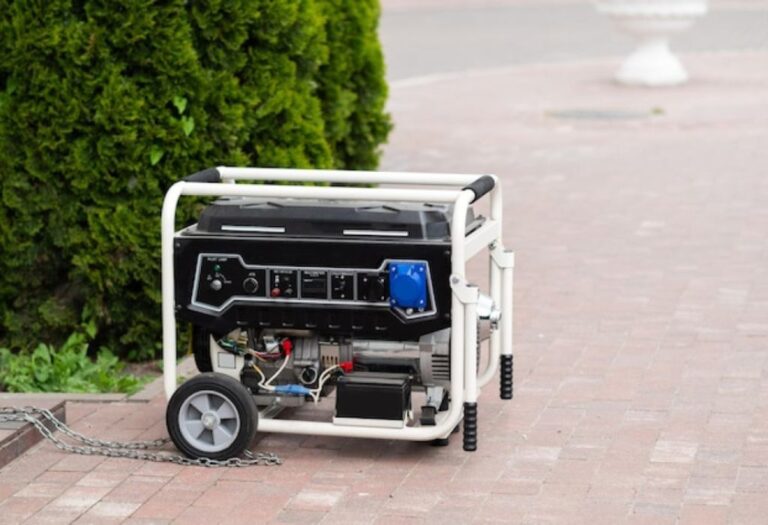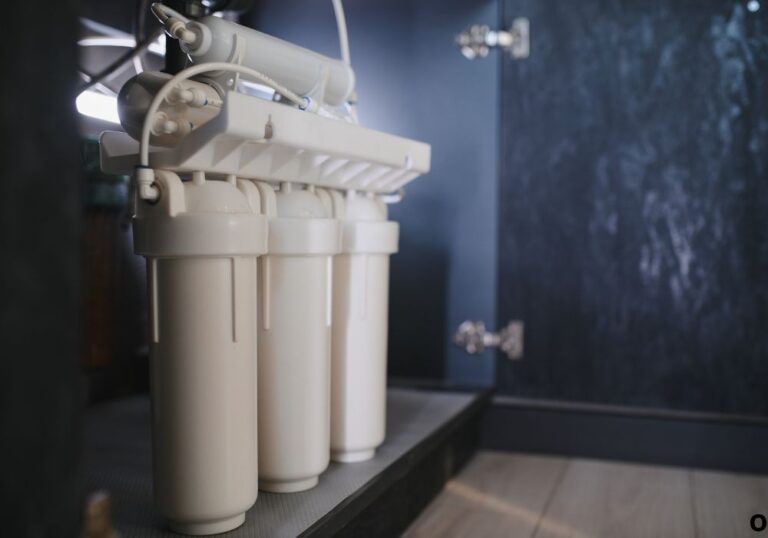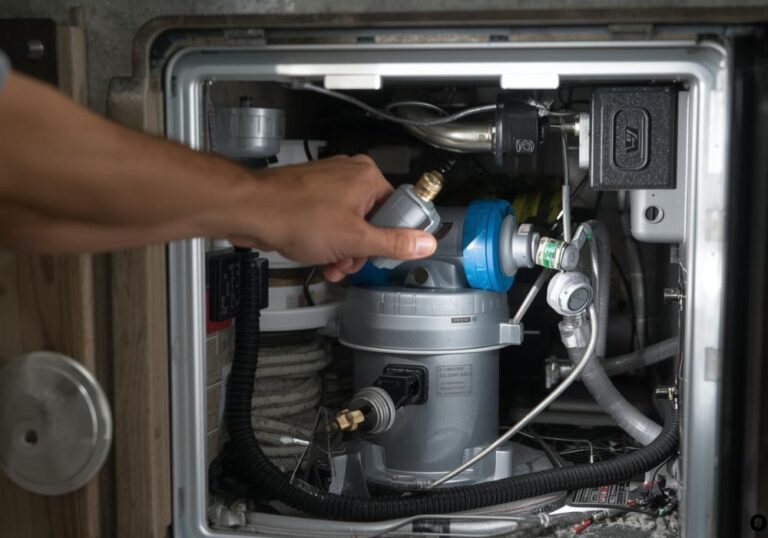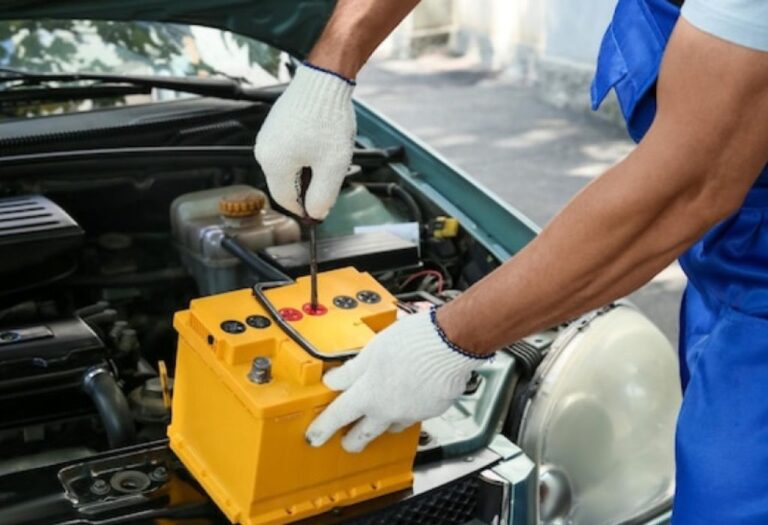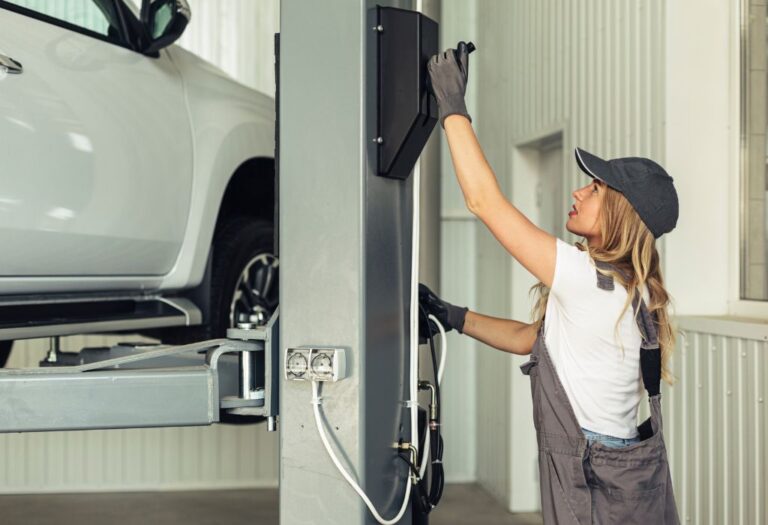Can I Leave My RV Water Heater On Continuously?
Every RV owner knows the small joys of a hot shower after a long drive through winding highways and dusty campsites. Yet, one lingering question often arises when setting up camp for the night: is it safe to leave the RV water heater on all the time?
Most RVs today come equipped with both electric and propane-powered water heaters, designed to keep water hot and ready on demand. While it sounds convenient, constant operation can increase energy use, strain system components, and even create safety risks if not maintained properly.
According to the RV Industry Association, more than 65% of RV owners rely on propane water heaters for their daily needs while camping or traveling. Propane models are efficient but can overheat if thermostats or relief valves fail. Electric heaters, on the other hand, are safer for long-term campground use but still require proper monitoring to avoid unnecessary energy waste.
Imagine pulling into a quiet forest campsite and forgetting to switch off the heater before bed. The system keeps cycling all night, burning propane and heating water you might never use. Over time, this constant cycle adds up — not only in fuel costs but also in wear on internal components.
The key to smart RV living lies in finding a balance between comfort and caution. Understanding how your RV’s water heater works, when to keep it running, and when to switch it off can prevent damage, save money, and keep your adventures safe.
In this guide, you’ll learn the truth about leaving your RV water heater on continuously, along with practical safety tips, energy-saving strategies, and maintenance habits that keep your system performing efficiently for years.
Understanding How RV Water Heaters Work

An RV water heater is a compact yet powerful system designed to deliver hot water wherever the road takes you. It functions much like a home unit but is optimized for mobility, efficiency, and safety. Understanding how it operates helps you decide whether leaving it on continuously is truly practical.
RV water heaters generally come in two types — tank-style and tankless. Tank-style heaters store and heat a fixed amount of water, usually between 6 to 10 gallons. Once the water cools, the unit cycles on automatically to reheat it. Tankless models, in contrast, heat water instantly as it flows through the system, offering endless hot water but requiring more power.
Power options also vary. Most systems use propane, electricity, or a hybrid of both. Propane is ideal for off-grid camping, while electric heating works best when connected to shore power. Dual-mode systems can use both simultaneously for faster recovery times, a feature many full-time RVers appreciate.
A thermostat and pressure relief valve regulate water temperature and prevent dangerous pressure buildup. If either component fails, overheating or leaks can occur. That’s why understanding these safety mechanisms is essential before deciding to leave your water heater running around the clock.
What powers most RV water heaters?
Most RV water heaters run on propane, though many modern models also include an electric heating element for flexibility.
Do RV water heaters run continuously?
No. They heat water in cycles — turning on only when the temperature drops below a set level.
What’s the ideal water temperature?
Typically between 120°F and 140°F, providing comfort without risking scalding or excessive fuel use.
Can a faulty thermostat cause overheating?
Yes. A malfunctioning thermostat can fail to shut off the heating element, leading to dangerously hot water or potential damage.
How does a tankless RV water heater differ?
It heats water on demand, saving energy by not storing or maintaining a hot water supply when it’s not needed.
Is It Safe to Leave an RV Water Heater On All the Time?
Safety depends largely on maintenance, system condition, and usage habits. Most modern RV water heaters include automatic shutoffs and temperature sensors that minimize the risk of overheating. However, running them constantly can still present certain hazards if the unit is old, dirty, or poorly vented.
Leaving a propane water heater on for long periods increases the risk of carbon monoxide buildup if ventilation is obstructed. Electric heaters are generally safer but can still overheat if sediment accumulates inside the tank or if electrical components wear out.
The key to safe use is to ensure the heater has regular maintenance, clean connections, and a working pressure relief valve. If these are in place, leaving the unit on for a few hours or overnight is usually not an issue.
Can I leave my RV water heater on overnight?
Yes, as long as the system is in good condition and ventilated properly.
Is it safe during travel?
No, always turn it off while driving to prevent fire risks.
Does continuous heating waste propane?
A small amount, but newer systems are designed to cycle efficiently.
What about leaving it on with shore power?
Electric mode is generally safe for continuous use.
Can it overheat?
It’s rare, but possible if the thermostat or pressure valve fails.
Pros and Cons of Leaving the Heater On
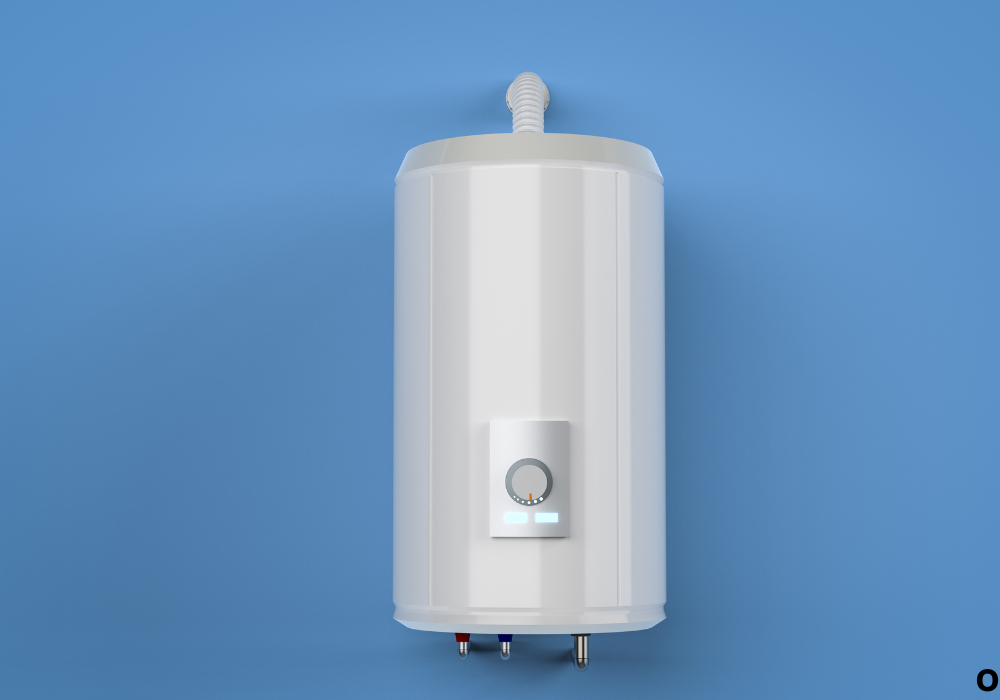
Leaving your RV water heater on continuously offers convenience but also comes with costs. The most obvious benefit is instant hot water whenever needed, especially during cold weather or for families sharing limited shower time.
However, the downsides include increased propane consumption, potential wear on components, and unnecessary energy usage when not in use. Over time, constant cycling can reduce the heater’s lifespan and cause sediment buildup.
Smart RVers find balance by running the heater 20–30 minutes before showers or dishwashing, then switching it off afterward.
What are the advantages of leaving it on?
You’ll always have hot water available instantly.
What are the disadvantages?
Fuel waste, higher electricity use, and more maintenance.
Does leaving it on affect the heater’s life?
Yes, constant heating cycles can wear out internal parts faster.
Will it raise my power bill?
Slightly, especially in electric mode during long hookups.
How can I balance comfort and efficiency?
Turn it on only when you expect to use hot water.
Best Practices for Safe and Efficient Operation
Routine checks and mindful usage go a long way in maintaining safety and performance. Always inspect the pressure relief valve, thermostat, and anode rod every few months.
Adding insulation around the tank and using a timer switch can help reduce cycling and propane use. According to RV maintenance experts, checking water heaters every six months can prevent most failures and improve efficiency.
Should I drain the heater when not in use?
Yes, if the RV is stored for more than a week.
How often should I check the anode rod?
Every 6–12 months depending on water quality.
Is insulation necessary?
Yes, it helps maintain heat and reduces propane usage.
Can I install a timer switch?
Yes, it automates operation and saves energy.
Should I keep it on during freezing weather?
Only if the RV is winterized or has a heated bay.
Propane vs Electric Mode — Which Is Better for Continuous Use?
Propane mode provides faster heating and flexibility when camping off-grid. Electric mode, however, is more cost-effective and safer when connected to campground power.
For continuous operation, electric mode is generally preferred since it poses lower risks of combustion and carbon monoxide exposure. Propane should be reserved for boondocking or short-term use.
Which mode is cheaper to run?
Electric mode is cheaper when shore power is included in site fees.
Can I run both propane and electric together?
Yes, dual-mode use heats water faster.
Is propane mode risky indoors?
No, as long as it’s vented correctly.
Does electric heat water faster?
Not always — propane tends to recover faster in smaller tanks.
Which is better for long-term camping?
Electric mode for safety, propane for flexibility.
Common Mistakes RV Owners Make
Some RV owners assume “set and forget” applies to their water heaters, but small mistakes can lead to big problems. Running the heater dry, ignoring leaks, or failing to replace an anode rod can shorten its lifespan.
Overheating often occurs when the thermostat malfunctions or sediment buildup interferes with heat distribution. Studies show that nearly 30% of RV water heater failures are due to running the unit without water in the tank.
What happens if I run it dry?
It can burn out the heating element.
Why does it smell like burning?
Dust or insects burning off inside the combustion chamber.
Is sediment buildup dangerous?
Yes, it causes popping noises and reduces heating efficiency.
What if it keeps tripping the breaker?
Check for a shorted element or bad wiring.
Can I repair it myself?
Minor cleaning is fine, but electrical repairs need professionals.
How to Maintain Your RV Water Heater for Longevity
Proper maintenance prevents expensive replacements and extends service life. Regularly flush the tank, inspect the pressure relief valve, and replace the anode rod when it’s more than 75% corroded.
Use a 50/50 white vinegar and water solution to remove mineral buildup. During winter storage, bypass the heater instead of filling it with antifreeze.
How often should I flush it?
Every 3–6 months depending on water hardness.
What type of vinegar should I use?
Standard white vinegar works best.
How can I prevent corrosion?
Replace the anode rod annually or when it’s mostly worn.
Do I need professional servicing?
Yes, at least once per year for inspection.
Should I fill it with antifreeze?
No, always bypass during winterization.
When You Should Turn the Water Heater Off
It’s smart to turn off the heater when traveling, storing, or away from camp. Leaving it on during these times wastes energy and increases risk.
Turning it off during travel also prevents tank pressure buildup caused by motion and temperature changes.
When parked for weeks, should I keep it on?
Only when you need frequent hot water.
What about during travel days?
Turn it off completely for safety.
If connected to hookups, can I leave it on?
Yes, but monitor for excessive cycling.
Should I turn off propane at the tank?
Yes, before storage or towing.
How long will water stay hot after turning off?
Typically 6–10 hours depending on tank insulation.
Final Tips for Smart RV Water Heater Use
Using your RV water heater wisely ensures comfort without waste. Invest in a smart thermostat or timer, use the lowest safe temperature setting, and flush your system regularly.
Eco-conscious travelers often combine solar panels or heat pump systems to supplement energy use and reduce propane dependence.
Can smart thermostats help?
Yes, they maintain consistent heat and reduce cycling.
What temperature is best?
Around 120°F for safety and efficiency.
Can solar power run the heater?
Only with large-capacity battery and inverter setups.
When should I replace the heater?
When leaks, rust, or weak heating persist.
What’s the safest practice overall?
Turn it on when needed, and inspect it monthly.
Conclusion
Leaving your RV water heater on continuously is possible, but it isn’t always necessary. When used with care and proper maintenance, it can provide comfort without risk. However, turning it off between uses saves energy, reduces strain, and helps your system last longer.
For safe travels and reliable hot water, follow regular maintenance routines, use the right heating mode, and monitor system performance.
A little attention today can prevent costly repairs tomorrow — and keep your adventures running hot and smooth.
I’m David R. Coleman, the founder, lead writer, and lifelong tool enthusiast behind GarageToolPro.com. With years of experience in automotive repair, woodworking, and home DIY projects, I created this platform to share practical tips, detailed tool reviews, and step-by-step guides that help mechanics, hobbyists, and homeowners get the job done right the first time.

